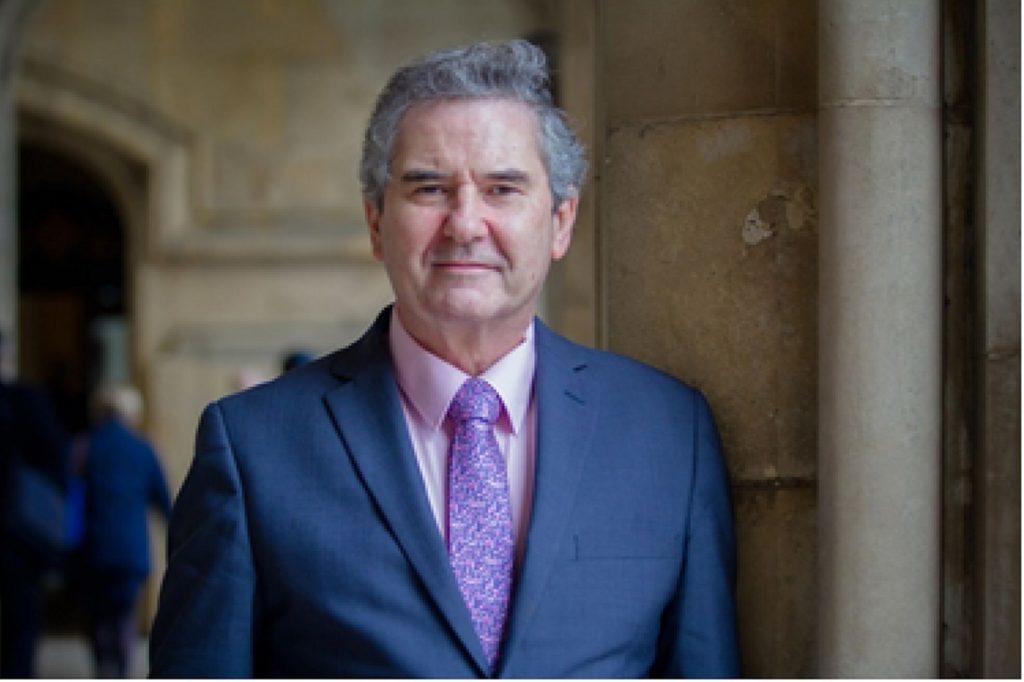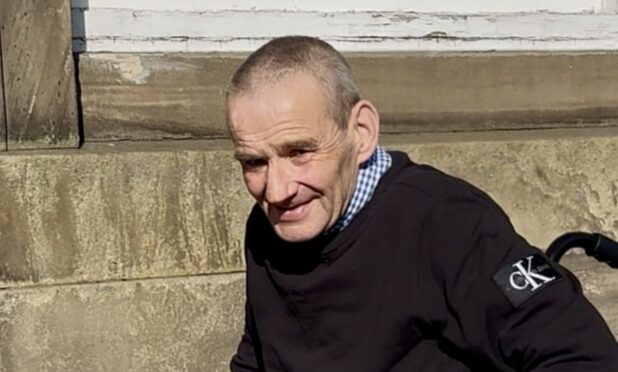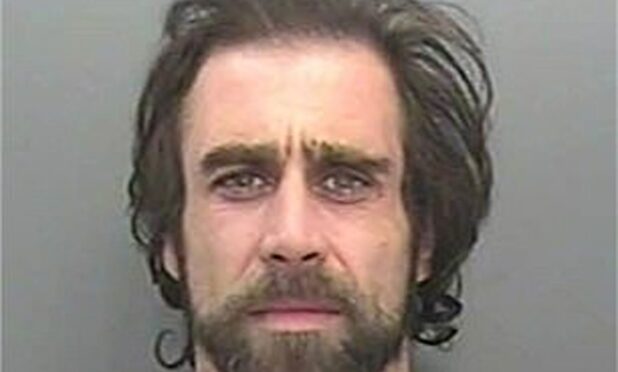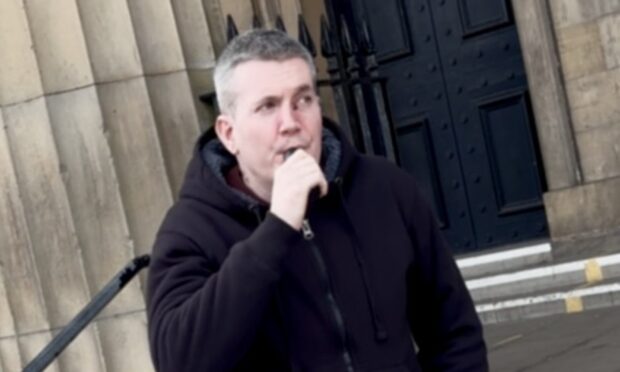A man who bombarded a former Fife MP with threatening emails was told to stay out of trouble by a sheriff.
James Hailes, who has previously been referred to as Shri Devi Hailes, targeted Roger Mullin while he was the MP for Kirkcaldy and Cowdenbeath.
Hailes, 54, told Mr Mullin he would “pay for your ignorance” in one of numerous disturbing emails.
Having been convicted after trial, Hailes returned to Kirkcaldy Sheriff Court on Wednesday for sentencing.
Considering reports prepared for sentencing, Sheriff Derek Reekie said: “There are quite a number of things in here which concern me.”
The sheriff deferred sentence until November 14 and told Hailes to be of good behaviour.
Solicitor David Bell said Hailes had been receiving treatment for mental health issues on a voluntary basis.
Mr Bell said at the time of the offence his client had not had any contact with mental health services for “quite a period”.
He added: “I understand that he had not been taking his medication for about nine months.
“When he’s not stable he is clearly at risk of further offending. When he’s complying with his regime, he doesn’t present a risk of further offending.”
The court heard Hailes had targeted another professional in a similar incident while he was in hospital.
“He was clearly at that point in hospital and not in the best of health,” said Mr Bell.
Mr Mullin, who lost his seat to Labour’s Lesley Laird at last year’s snap general election, said he had found the hate campaign against him “very threatening”.
The messages were received by Mr Mullin and his staff at his former constituency office in Kirkcaldy High Street between December 3, 2016, and January 3, 2017,
Hailes had denied the charge, which said the emails included menacing and threatening remarks and that his conduct caused Mr Mullin fear and alarm.
A bail condition preventing Hailes from entering the constituency office was lifted because the office is no longer there.
Mr Bell said: “A different political party now represents the local area hence Mr Mullin is no longer a MP. The snap election in June saw to that.”











